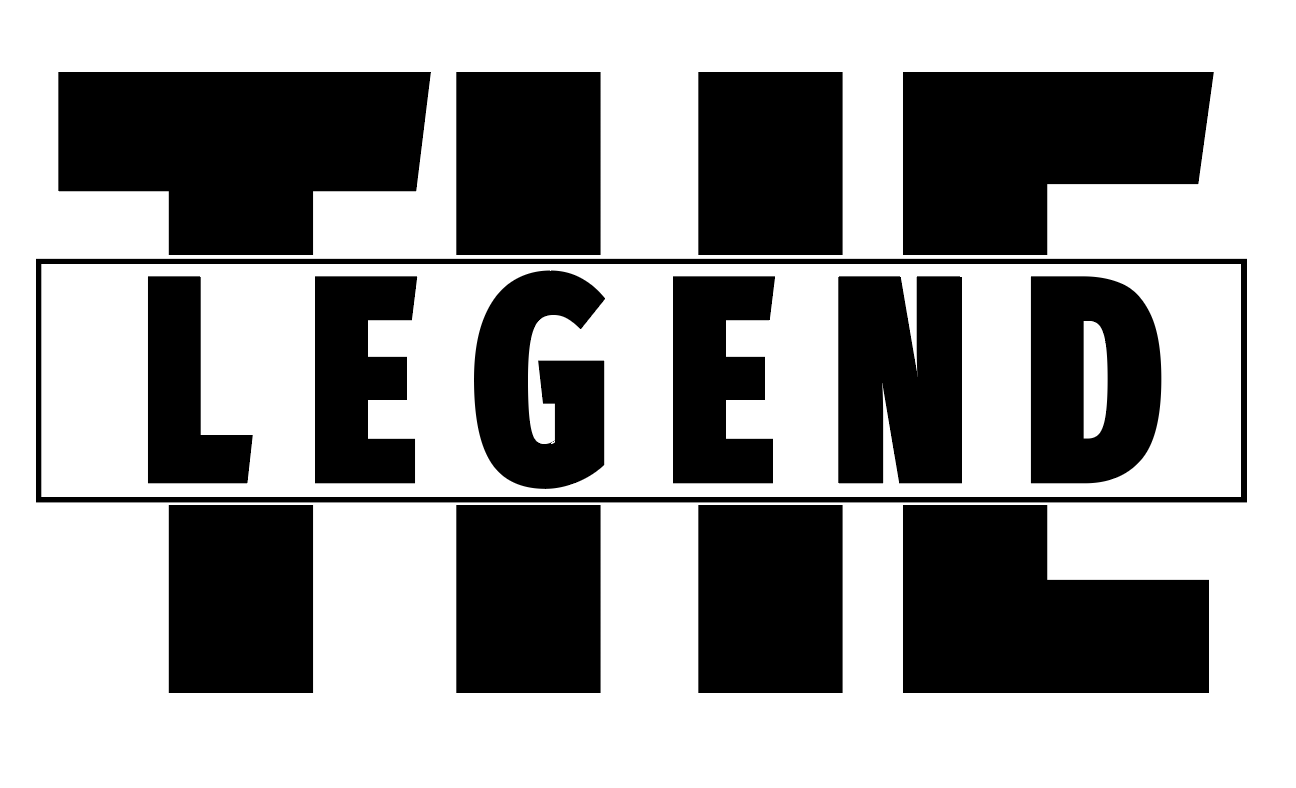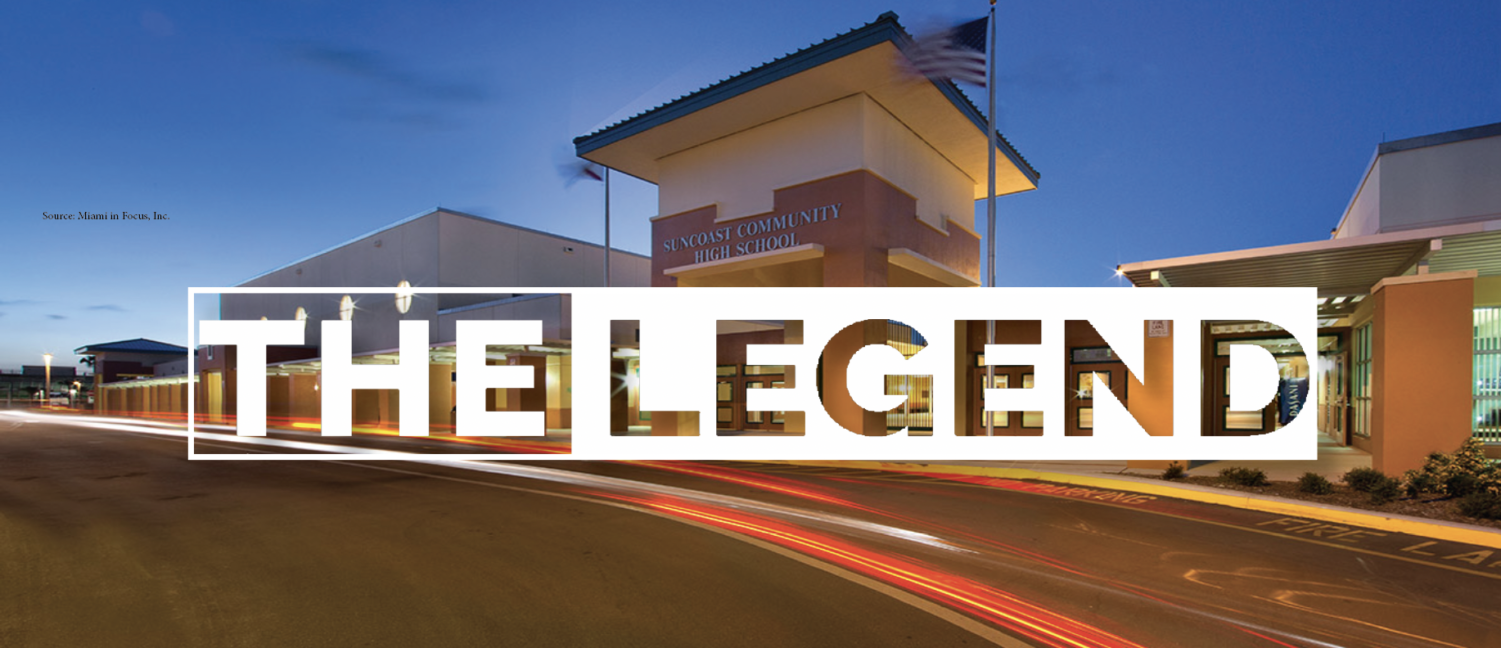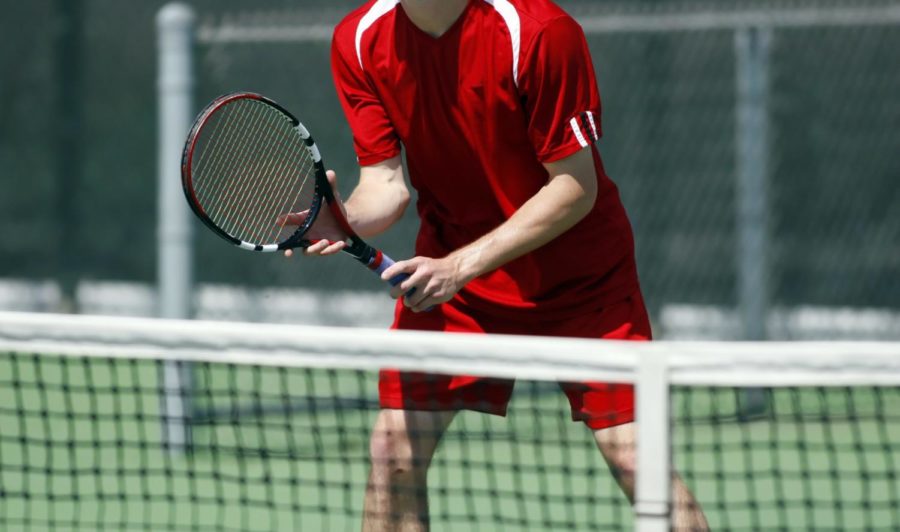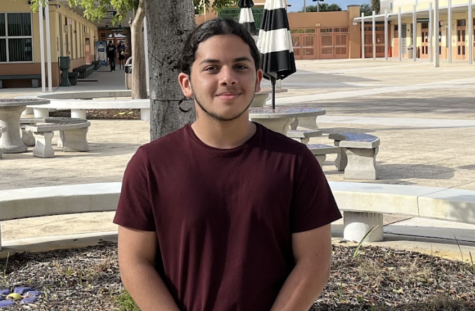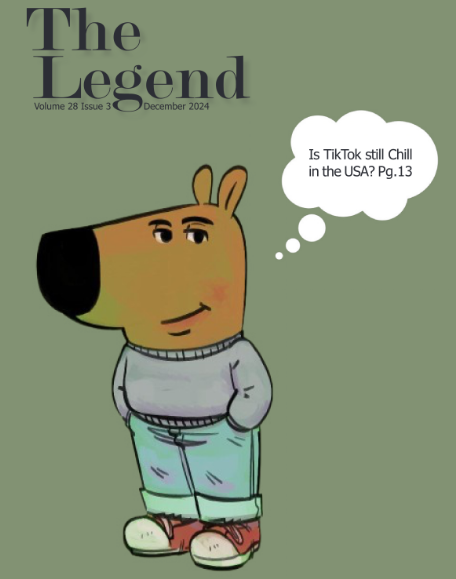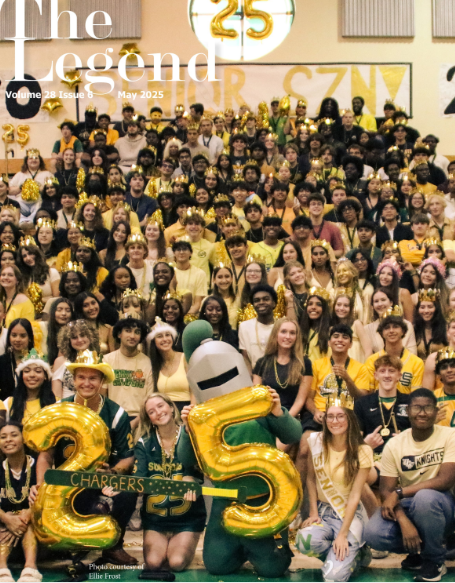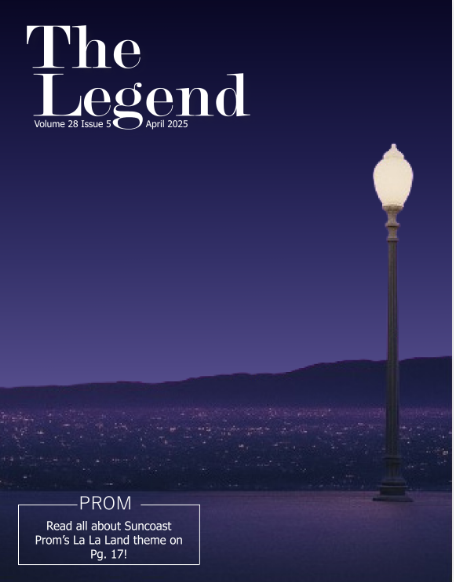Extracurricular Fun(ds)
High school extracurriculars are forced to collect funding through membership dues and fundraisers.
Tennis is one of the many sports that does not get funding from the School District.
March 2, 2022
High school bears a lot of importance in students’ lives, and a big aspect of high school life are the extracurricular activities. High school sports and speech and debate are two of the most popular examples of extracurriculars. But just how do sports and speech and debate teams get their funding?
According to the University of Michigan, the average cost to join a high school sport in the United States was $126. The money covers expenses such as equipment, uniforms, and traveling. The costs also varies depending on the sport, the economic situation, and many other variables.
“It’s gone anywhere from $50 to $100,” Richard Harr, tennis coach for Suncoast said about the tennis team dues. In the case of the tennis team, they need the funding for practice balls and new equipment. “If there is a student who might have a problem with the expense then we can do ways to offset it, such as fundraisers,” Harr said. Paying the dues might not be a deal breaker, but it is the main source of funding for the tennis team.
“From selling pizza cards, to coupon books, to food and popcorn, there’s a lot of ways you can fundraise,“ Harr said. The only sort of funding sports receive at Suncoast is the Title IX funding directed to girls sports to help pay for uniforms and equipment.
“There are no sports that get money from the school or the district,” Harr said. Receiving no funding for sports means that the entirety of the money needed to play comes from the athletes themselves and people who participate in fundraisers.
This is not unique to sports though, the speech debate team deals with a similar situation. According to the Wellington High School Speech and Debate team website, “Wellington’s $50,000+ annual speech and debate team budget is funded solely by the members of the program.”
Speech and debate teams in Palm Beach county do not receive any funding from the district or from the schools, this includes Suncoast.
“The school doesn’t give us money for anything; everything we have to pay for comes out of the debate dues,” Traci Lowe, speech and debate coach for Suncoast said. Similarly to the tennis team, the speech and debate team have to gather their own funds for the school year via membership dues. “The dues are 85$ this year,” Lowe said. The dues help pay for memberships to different speech and debate organizations, binders, books, scripts, and videos, as well as pay for four tournaments throughout the year. If a competitor were to participate in more than four tournaments in a year, they would have to pay for the entry fees to that tournament.
Suncoast hosted the first Speech and Debate tournament of the school year on Sept. 25, where many debaters from schools all over the county participated. The speech and debate team funded the tournament in its entirety with no funding from the school or county, relying on the membership dues and by charging the schools that took part in the tournament for lunch.
“We also have to pay for a police officer and the custodians out of our own funds,” Lowe said. In order to provide security at the tournament, the speech and debate team were required to pay a police officer overtime to stay the entire duration of the tournament, as well as custodians to take care of campus duties.
“The police officer is 55$ an hour for 8 hours,” Lowe said. Sports and debate might hold an important role in high school, but they do not receive any help when funding the many activities they do, instead having to rely on membership dues and fundraisers to cover all the costs. This is despite the fact that many extracurricular activities have a similar, and in some cases superior, impact on students’ lives as core classes do.
